 Abraham Lincoln
If given the truth, the people can be depended upon to meet any national crisis...
Abraham Lincoln
If given the truth, the people can be depended upon to meet any national crisis...
 Guildford news...
for Guildford people, brought to you by Guildford reporters - Guildford's own news service
Guildford news...
for Guildford people, brought to you by Guildford reporters - Guildford's own news service
Show Photo ID for Postal or Proxy Vote, Woking Council ‘Requests’
Published on: 8 Mar, 2021
Updated on: 7 Mar, 2021
By Julie Armstrong
local democracy reporter
Labour has accused Woking council of potentially hindering marginal groups from voting by asking those who want a postal or proxy vote to provide a photo ID when legally, only a signature and date of birth are required.
But the Woking Borough Council (WBC) website says for a postal or proxy vote, “you are requested to provide” copies of a photo ID, for example a passport or driving licence, and proof of residence such as a utility bill or bank statement.
That these are not compulsory is omitted and the council says by using the word “requested” electoral law is not breached.
But the website reads: “If you do not provide such evidence, your application will still be processed, but your registration at the property will be examined further. This could result in your name being removed from the electoral register.”
The council says the “requests” will help prevent electoral fraud, after the 2012 result in the Maybury and Sheerwater ward had to be thrown out.
Liberal Democrat candidate Mohammed Bashir defeated his Labour counterpart Mohammad Ali by 16 votes, but a High Court legal battle found “ghost voters” had been registered in the run-up to the election, names of non-residents added to the electoral register.
But Labour group leader Tahir Aziz, who represents Canalside, said he wants the request for ID to be removed, despite his party falling victim to electoral fraud,
“My worry is that Covid will affect turnout,” he said. “We want to encourage people to get a postal vote so they don’t have to go out.
“I have a large number of minorities in my ward and it’s very difficult to encourage some of them to vote.
“Some people have ID issues. They have a legal right to vote but they may have visa extension issues, or their passport is held up at the Home Office for months.
“This extra layer of bureaucracy is not going to help.”
Liberal Democrat group leader Ann-Marie Barker said the returning officer rejected her suggestion that the conditions should be relaxed because of Covid concerns.
“We should not be discouraging the average law-abiding voter from having a postal vote,” she said. “Many people will opt for a postal vote as a safer option this year and the more we can do to reduce the pressure on polling stations the better.”
But Conservative council leader Ayesha Azad was defensive, claiming the policy “helps to give assurance to voters that elections are fair”.
She added: “Woking’s issues with voting fraud are well-documented. Asking people to provide this identification when applying for postal votes is therefore a sensible precaution.”
A WBC spokesperson said: “We request the additional information to ensure the person seeking a postal vote lives at the address and is the person they claim to be.
“Where the information is provided it enables us to quickly process the postal vote application. If the information is not provided in full, that may delay the application while we validate the application from other sources.
“Through this process, the electoral registration officer seeks to ensure the integrity of the election by minimising the risk of electoral fraud.”
In 2015, research by the Electoral Commission showed about 3,500,000 citizens in the country, 7.5% of the electorate, do not have access to photo ID.
Dr Alia Middleton, a politics lecturer at the University of Surrey, said: “Inevitably, it tends to be the elderly, less well off, disabled, BAME, urban dwellers etc, including a disproportionate number of women, who do not have these forms of ID [passports and driving licences].
“It seems an unnecessary burden for people from disadvantaged groups who are already being disproportionately affected by Covid, the reason many may be seeking to cast postal votes.
“And they may be not only less likely to possess the ‘required’ forms of ID, but also not necessarily have the facilities to provide it.
“It strikes me this will actively and unnecessarily discourage some from voting, and unlike the earlier trials, we aren’t likely to know how many people this affects.”
In 2018 and 2019, Woking held a government-led trial where voters were not allowed to vote in a polling station unless they showed a form of photo ID. That did not appear to cause a marked decrease in turnout.
But 51 people were restricted from voting in the first year when 89 people were turned away for bringing no ID or the wrong ID, and more than half did not return. The year before, 87 were initially turned away and a quarter did not return.
Dr Middleton said: “We should remember Woking is one of the trial areas that is relatively ‘wealthy’. Trials elsewhere, particularly in northern areas such as Pendle [Lancashire], had 36% of those turned away not returning.” And in Derby it was 50%.
The Electoral Commission’s 2018 report said there was not enough evidence to be able to “draw firm conclusions about whether the ID requirement had a disproportionate impact on particular groups, for example, those with a learning or physical disability”.
The 2019 report warned that “allowing only existing forms of officially issued photo ID would not be accessible for everyone” and there would need to be other options, for example, providing free, locally issued photo ID.
Local elector cards were available in the Woking trial and 67 were issued across the two years.
Cllr Azad: “Every year, since the voter ID pilot began in 2018, the Conservative Party has faced accusations of voter suppression and disenfranchisement. Every year, the results of elections and turnout figures do not bear this out.
“Far from discouraging voters from under-represented groups, the Conservative Woking Borough Council has worked with organisations like the York Road Project and others to get voter ID cards and identification for residents who might otherwise not have them, as well as encourage them to register to vote.”
It is understood that Guildford Borough Council is not currently considering changes to its voter identification process. But by 2023, all voters nationwide are expected to have to show ID to vote under a new Electoral Integrity Bill. This will not be mandatory for this May’s elections in Woking or any other Surrey borough.
Responses to Show Photo ID for Postal or Proxy Vote, Woking Council ‘Requests’
Leave a Comment Cancel replyPlease see our comments policy. All comments are moderated and may take time to appear.
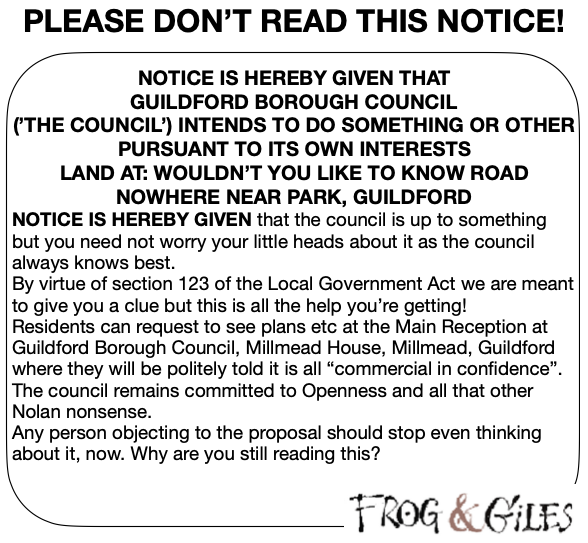
See Dragon story: GBC’s Explanation of Major Land Sale Notice Error ‘Borders on Arrogant’ Says Councillor
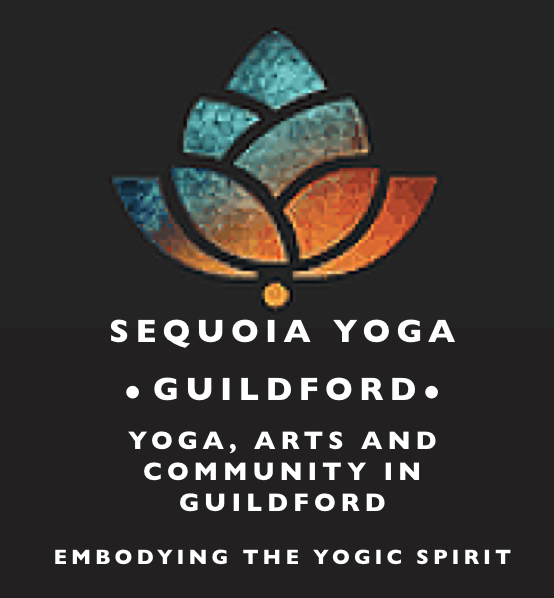

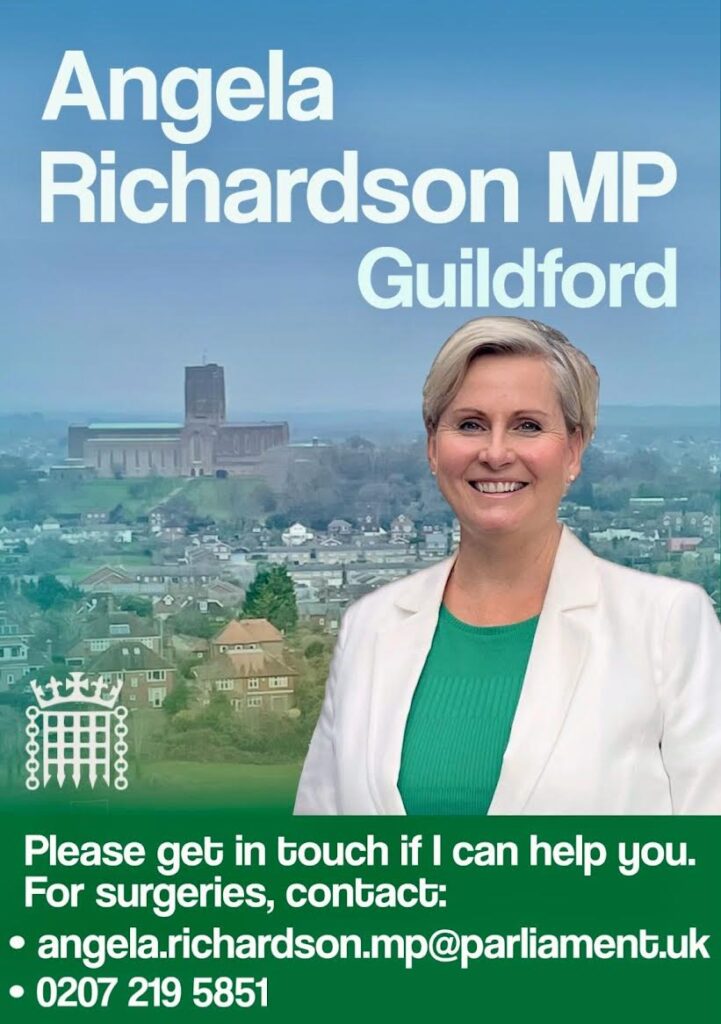



Recent Articles
- New Approach to Mental Health Concerns Reported to the Police
- Letter: Bernard Quoroll ‘s Insight Should Be Heard
- Police and Crime Commissioner Candidate Interview – Paul Kennedy
- Staff Union Warns Surrey University of No Confidence Votes
- Invitation to Join Mass Bike Ride on Saturday, April 27
- Thames Water Clarify Compensation Payments
- Surrey Fire and Rescue Service Urges Us All To Be ‘Wildfire Aware’
- Police and Crime Commissioner Candidate Interview – Lisa Townsend
- Insights Part 3: The Council Should Not Be Marking Its Own Homework
- Notice: In Our Own Words


Recent Comments
- Bibhas Neogi on M25 Junction 10 Project Required Major Engineering to Overcome Pipeline Snag
- Roland Dunster on Birdwatcher’s Diary No.302
- J Davies on Insights Part 3: The Council Should Not Be Marking Its Own Homework
- Angela Richardson on Insights Part 3: The Council Should Not Be Marking Its Own Homework
- Peter Wilkinson on Anger Over Traffic Impact of Golf Club Scheme
- Nicola King on Anger Over Traffic Impact of Golf Club Scheme
Search in Site
Media Gallery
Dragon Interview: Local Artist Leaves Her Mark At One of England’s Most Historic Buildings
January 21, 2023 / No Comment / Read MoreDragon Interview: Lib Dem Planning Chair: ‘Current Policy Doesn’t Work for Local People’
January 19, 2023 / No Comment / Read MoreA3 Tunnel in Guildford ‘Necessary’ for New Homes, Says Guildford’s MP
January 10, 2023 / No Comment / Read More‘Madness’ for London Road Scheme to Go Ahead Against ‘Huge Opposition’, Says SCC Leader
January 6, 2023 / No Comment / Read MoreCouncillor’s Son Starts Campaign for More Consultation on North Street Plan
December 30, 2022 / No Comment / Read MoreCounty Council Climbs Down Over London Road Works – Further ‘Engagement’ Period Announced
December 14, 2022 / No Comment / Read MoreDragon Interview: GBC Reaction to the Government’s Expected Decision to Relax Housing Targets
December 7, 2022 / No Comment / Read MoreHow Can Our Town Centre Businesses Recover? Watch the Shop Front Debate
May 18, 2020 / No Comment / Read More



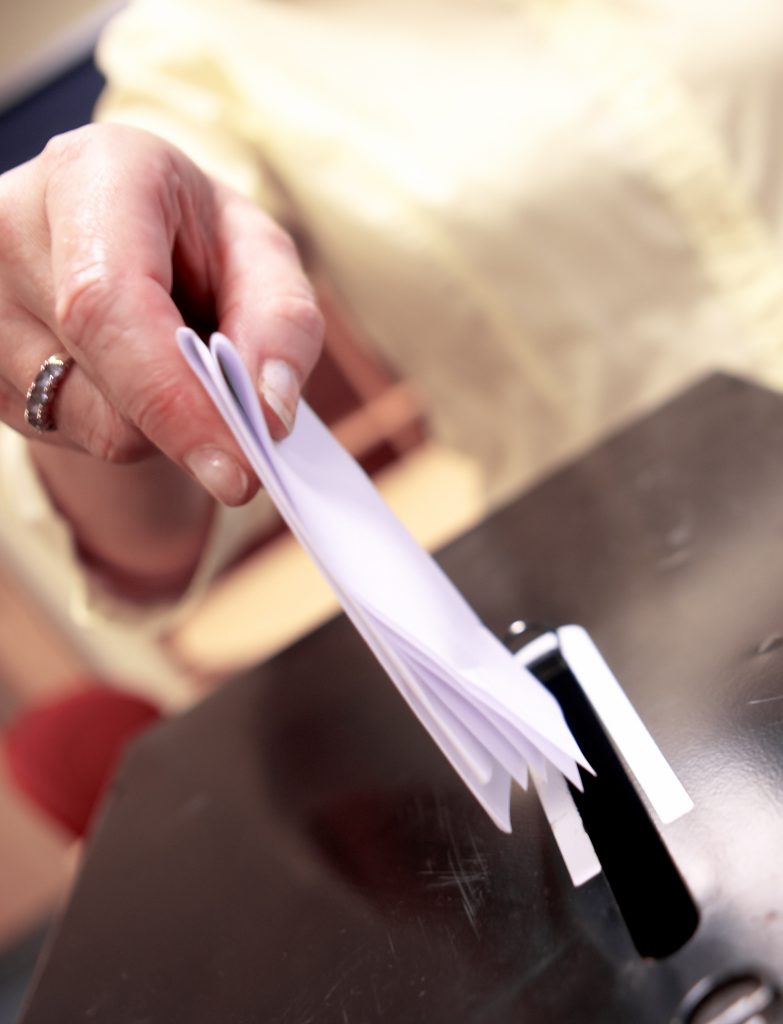
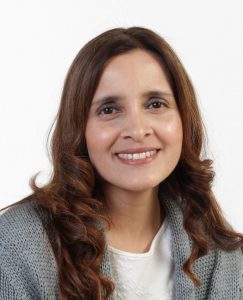



Dave Middleton
March 8, 2021 at 11:34 am
Speaking as an “average, law-abiding voter” I am more than happy to produce some form of identification document to verify my identity and entitlement to vote, if it helps to prevent unentitled people from voting, or indeed any other form of electoral fraud.
Martin Hecken
March 10, 2021 at 7:41 pm
But where can I get a voters’ ID card?
John Perkins
March 11, 2021 at 3:34 pm
I fully agree with Dave Middleton, though it’s a pity we have to give up the important concept of a blind ballot in order to combat fraud.
Returning officers will provide ID free of charge wherever necessary.
John Lomas
March 12, 2021 at 11:48 am
I think you will find that every Ballot Paper has a serial number which can be traced back to who issued it and who cast it.
Editor’s comment: The following has been extracted from Barnet Borough Council’s website.
Your unique ballot paper serial number
The law requires every ballot paper has a unique serial number and a record is kept of the serial number of every ballot paper issued to every voter.
At the close of the poll, the documents which list the serial numbers of the ballot papers and the list of to whom they have been issued are sealed in special packets and cannot be opened unless a court order is given to do so.
The reason this is done is to enable checks to be made should a legal challenge be made to the result of the election. It is possible in UK law for the result of an election to be challenged through what is known as an election petition.
It is possible for the eligibility of an elector’s right to vote to be challenged in the courts after an election. If the challenge is successful, the court can order that the ballot papers of any electors who were not eligible to vote be retrieved and their votes discounted, and the result of the election changed to reflect the removal of these votes from the total.
This is a very unusual occurrence.
There are legal processes in place to protect the identity of electors and how they have voted from being discovered. It is only in circumstances where a court orders that it should be done.
There is only a very short period in which a challenge can be made – 21 days from the date of the election, and if no challenge is made in that period, all documents are subsequently destroyed.